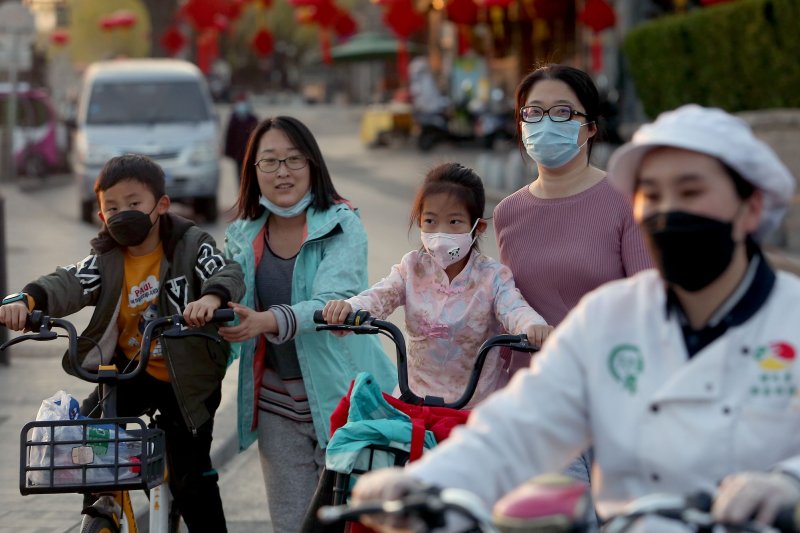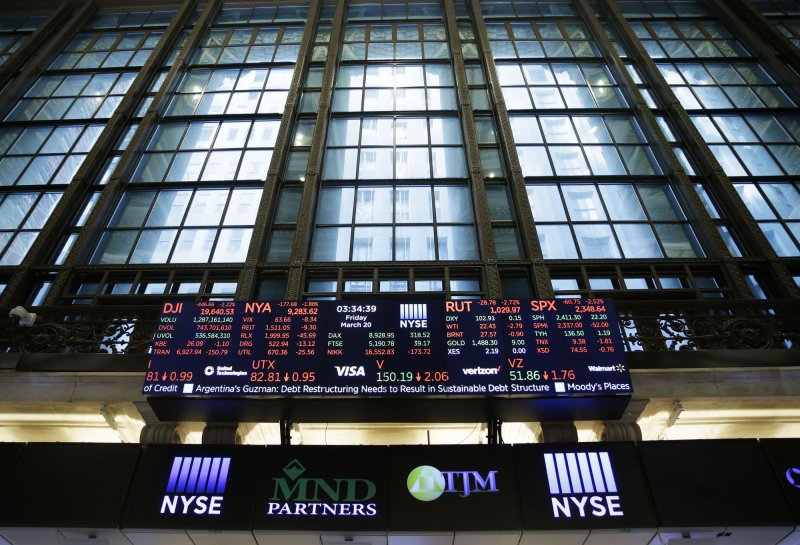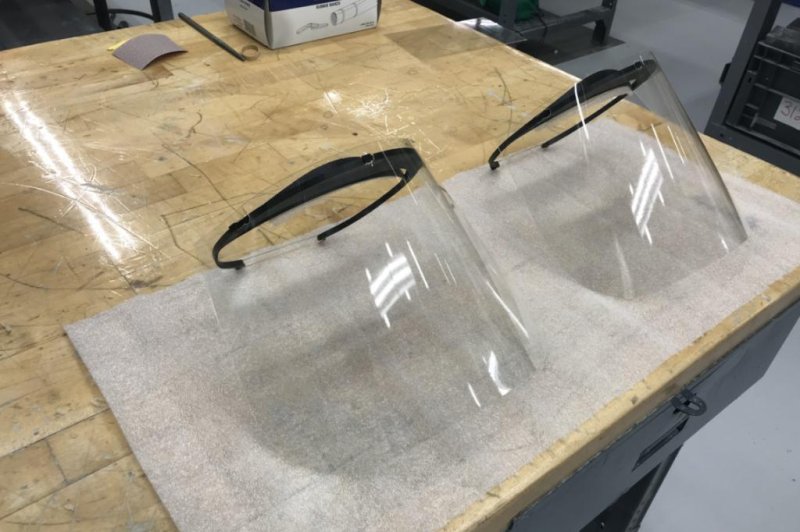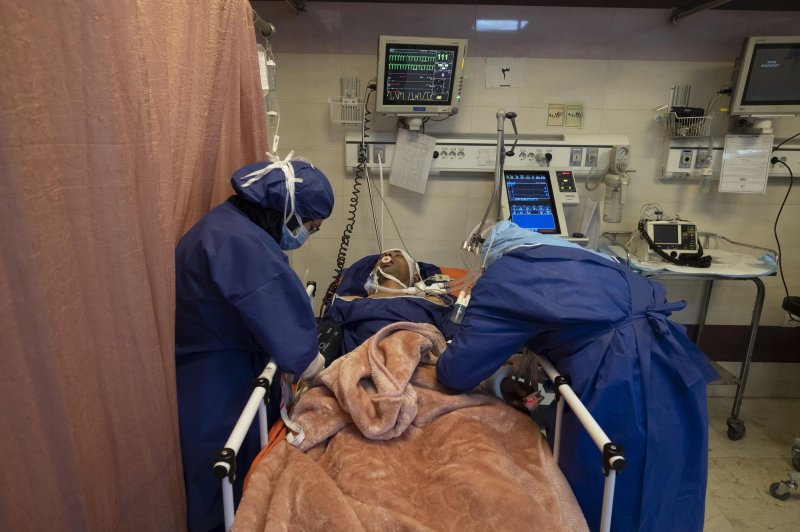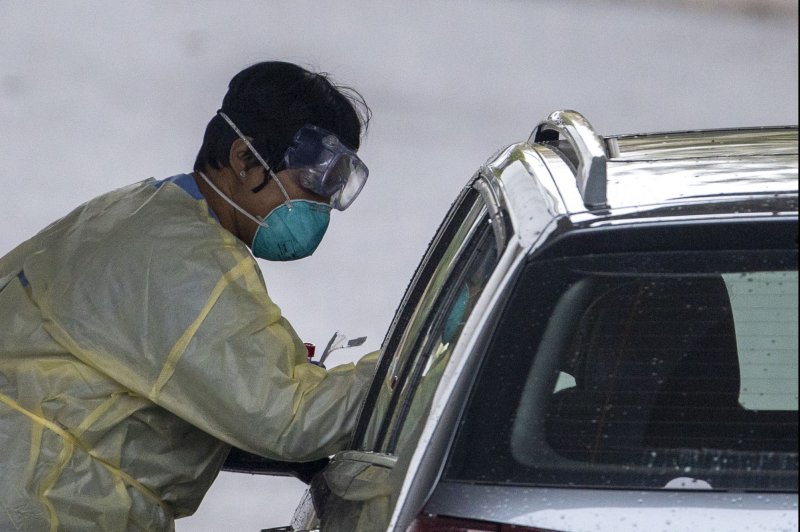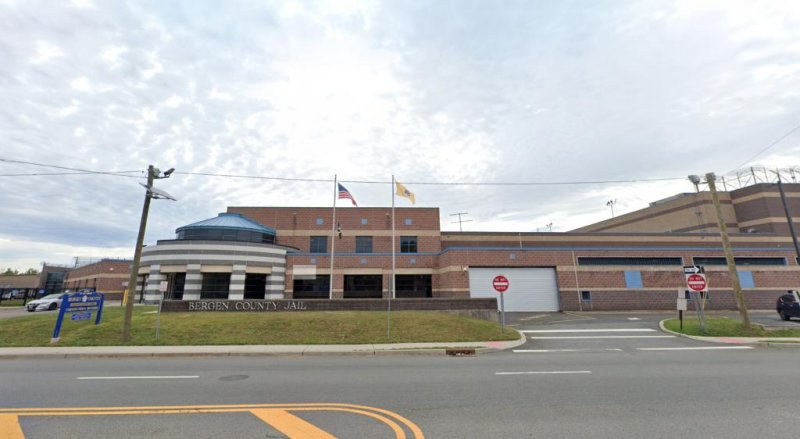
The Bergen County Correctional Facility, one of three U.S. Immigration and Customs Enforcement jails that were ordered to release a combined 10 detainees over health concerns connected to COVID-19. Photo courtesy of Google Maps/Website
March 27 (UPI) -- A U.S. federal judge for the southern district of New York has ordered the immediate release of 10 immigrants under U.S. Immigration and Customs Enforcement custody at New Jersey jails where cases of the deadly and infectious coronavirus have been reported.
The individuals were arrested by ICE in connection to civil deportation proceedings in New York City and petitioned late Wednesday for release from correctional facilities in Hudson County, Bergen County and Essex County that have reported cases of COVID-19.
The petitioners argued that their detention at facilities infected with the virus exposes them to excessive risk as they suffer from underlying health conditions. They said their due process rights were violated as the facilities lack adequate health protections.
U.S. District Judge Analisa Torres granted their petition late Thursday and barred ICE from re-arresting them upon their release during their deportation proceedings.
RELATED 6 inmates loose in Washington state after 14 escaped
In the decision, Torres wrote that immigration detainees can prove that their due process rights have been violated by showing government officials knew or should have known that their confinement subjected them to excessive risk. She concluded that the risk the 10 detainees faced behind bars was not only severe but "quite possibly fatal."
Torres also chastised Department of Homeland Security Acting Secretary Chad Wolf and the other respondents for failing to protect the health of detainees.
"The spread of COVID-19 is measured in a matter of a single day -- not weeks, months or years -- and respondents appear to ignore this condition of confinement that will likely cause imminent, life-threatening illness," she said.
RELATED First coronavirus case confirmed in ICE detention
She wrote that during oral arguments, the measures the respondents had implemented to protect those under their charge were "patently insufficient."
The respondents, she said, couldn't prove that the facilities could afford inmates the U.S. Centers of Disease Control and Prevention's requirement of six feet of distance between individuals nor could it state how they are protecting high-risk detainees, such as the petitioners.
"Confining vulnerable individuals, such as petitioners, without enforcement of appropriate social distancing and without specific measures to protect their delicate health ... demonstrates deliberate indifference," she wrote.
RELATED Honduran man dies by apparent suicide in ICE custody
The petitioners suffer from chronic medical conditions, such as respiratory issues, diabetes and heart disease. They were being held at the Hudson County facility, where two detainees and a correction officer tested positive for COVID-19; the Bergen County jail, where one detainee was infected with the virus; and the Essex county jail, where a superior officer had contracted the disease.
According to New Jersey's Department of Health, the state has 6,876 cases of COVID-19 and 81 deaths associated with the virus.
Brooklyn Defender Services, who filed the petition, applauded the decision, stating "this is a huge victory, but we won't' stump until we free them all."
The order was handed down amid a growing call by activists and lawyers for jails to release ICE detainees vulnerable to COVID-19.
The ACLU said it is suing ICE detention centers in at least two states for the immediate release of detainees it says are put at heightened risk due to the virus.
"ICE will be responsible for a humanitarian tragedy if it does not heed the advice of public health experts now," it said.
Meanwhile, Brooklyn Defender Services also demanded in a letter on Thursday that New York City officials release those incarcerated and halt new admissions after 75 detainees and 45 jail staff members have tested positive for COVID-19.
"Elected officials at every level of government must take immediate action to initiate mass release and halt new admissions before it is too late," wrote Lisa Schreibersdor, executive director of Brooklyn Defender Services.
---30---
